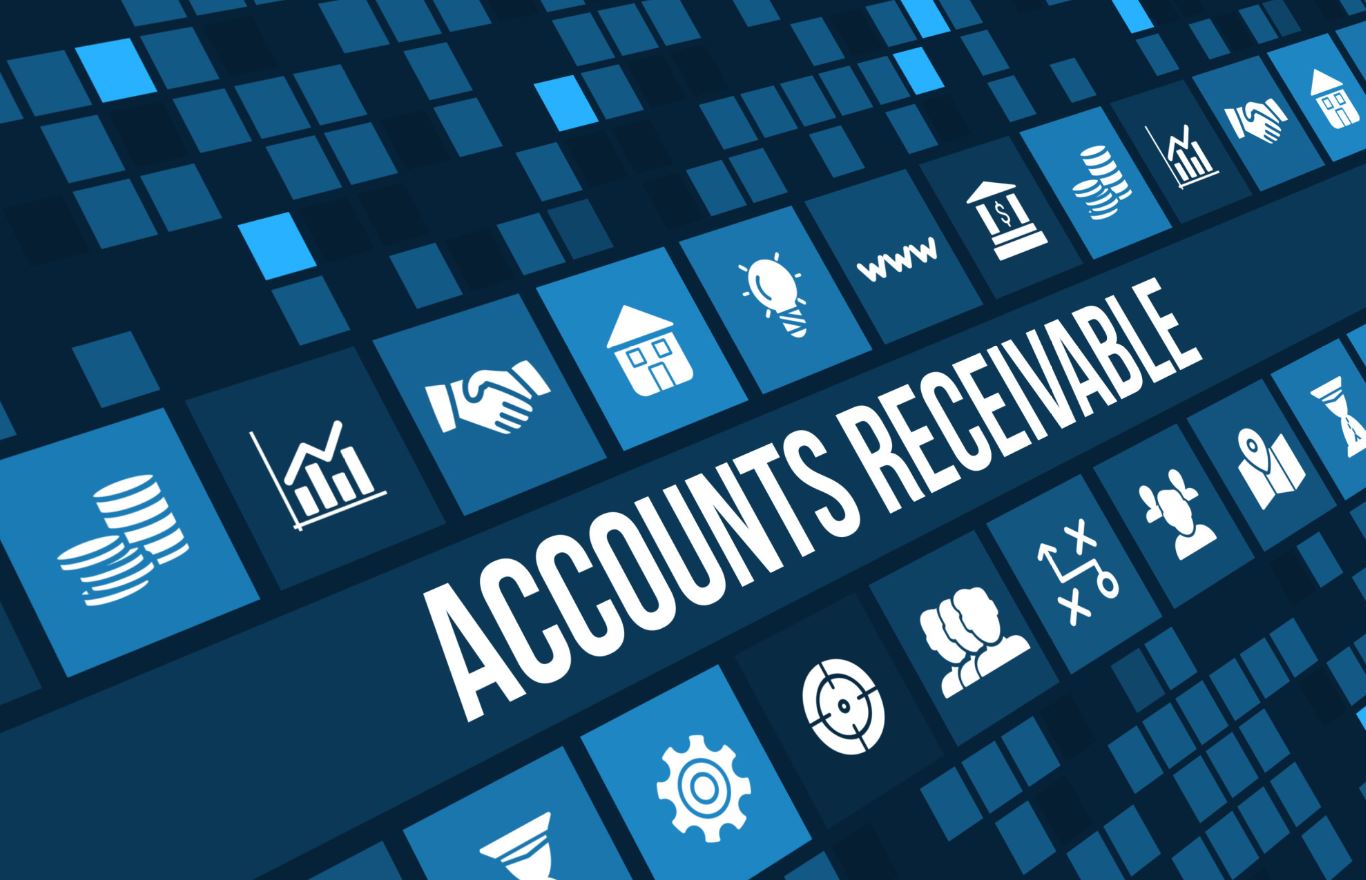 Struggling to keep cash flow in order?
Struggling to keep cash flow in order?
You’re not the only one. In fact, this is a challenge many business owners face.
Correct cash flow will ensure your company’s survival over the long term. However, accounts receivable managed incorrectly can lead to a shortage of funds.
A large portion of businesses have trouble collecting payments from their clients.
Over an extended period, companies that fail to get payment from clients have to delve into their savings to make ends meet. This leaves business owners with less money to handle any operations, pay employees, or scale business.
To keep on top of account problems, there are several steps companies can take to better handle their cash flow. Below, we’ll cover nine ways you can stay on top of your business’s money.
-
Electronic Payments
To speed up the process of invoicing, you can try sending out any bills by email or using email invoices.
Traditional mail can slow down invoices, whereas electronic mail will reach clients immediately. Make sure you correctly confirm email addresses before sending out invoices though.
-
Lower Terms of Payment
Using email to lower your payment terms is a great way to get clients on board.
Generally, companies ask for payment within 30 days, or alternatively, net 30. Because of the speed of electronic mail, it is not unfair for companies to ask for payment on receipt. This leads to a faster collection of bills and ensures cash flow is constant.
-
Maintain a Healthy Relationship with Clients
Happy clients are more likely to pay the bills in the correct timescale.
Clients are more inclined to pay the companies that they have a good relationship with. You can avoid late collections by making sure you hold up your end of the relationship with customers.
-
Multiple Payment Methods
A simple way to get paid on time is to make sure clients can pay in a variety of ways.
Whether it is via PayPal or credit card (or something else entirely), this leaves no excuses when bills are to be collected.
-
Keep Track of Payments
Many clients are eager to pay their bills on time.
You can help them out with this by giving them a call post-invoice to make sure invoices have been received correctly. You can also ask when it will be paid. Doing so often will prevent due dates from going awry.
-
Consider an Accountant
Accounts receivable are vital for your business but can take a lot of time to manage.
You can reduce your workload by having an accounting company take care of finances. By doing so, this allows you to focus on other aspects of your business.
-
Outline Credit Policies Clearly
After having worked with customers for an extended period, offering credit on your products may be something you have considered.
Being too lenient, however, can affect your accounts receivable negatively. Before giving clients extra credit, you should check their history to make sure they are reliable with payments.
-
Credit-Ban Overdue Clients
Finding information about clients can allow you to see those that are late on paying bills.
Still giving clients credit only enables their behavior and creates more risk in your company.
-
Avoid Collections On Accounts Receivable
Even if you have been waiting a long time for a client to pay out, collections are extreme at best.
Not only will this result in lost business, but also additional costs that go along with doing so. Attempt to call your client and appeal one last time before going this route.
Managing Your Accounts
Cash flow is imperative to any business.
Aside from the variety of other hurdles business owners have to deal with, making sure accounts receivable is in shape is one of the largest. Making sure this aspect is handled well keeps business running smoothly from day to day and will help your business to stay profitable.
Keep scrolling our blog for more top business tips!

